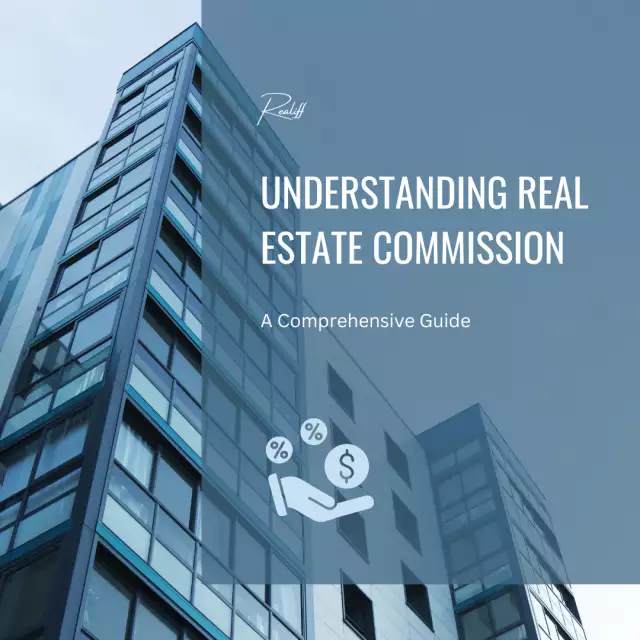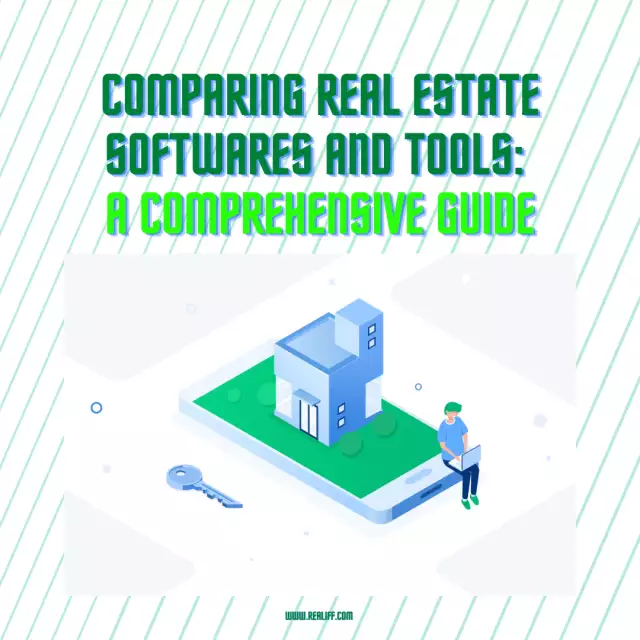The Comprehensive Guide to IDX Real Estate: Revolutionizing Property Listings
The Comprehensive Guide to IDX Real Estate: Revolutionizing Property Listings
The real estate industry has undergone significant transformations over the past few decades, primarily driven by advancements in technology. One of the most impactful innovations in this sector is the Internet Data Exchange (IDX), a system that has fundamentally changed how property listings are displayed and accessed online. This article explores the complexities of IDX real estate, its historical significance, functionality, and the benefits it offers to real estate professionals.
What is IDX Real Estate?
Defining IDX
Internet Data Exchange (IDX) is a system that allows real estate brokers to display Multiple Listing Service (MLS) listings on their websites. MLS is a collection of databases where real estate professionals list properties available for sale or rent. IDX bridges the gap between these professional databases and the public, enabling agents to integrate MLS listings seamlessly into their websites.
Historical Context and Importance
The internet's role in the real estate market began to grow significantly in the mid-1990s. By 2017, over half of homebuyers used the internet to choose their final house, according to industry reports. This substantial shift can be attributed to the implementation of IDX, which made MLS listings more accessible to the public.
IDX and online property listings have become critical components in the home-buying process, especially among younger demographics who are more inclined to use online resources. By making these listings available online, IDX has democratized access to real estate information, allowing buyers to engage more actively in their search for a home.
Broker Reciprocity
Broker Reciprocity is a rule within IDX that allows brokers to post each other's MLS listings. When brokers opt into IDX, they agree to share their listings with other participants and, in turn, gain the right to display others' listings. This reciprocal arrangement expands the visibility of properties and fosters a collaborative environment among brokers.
Why IDX Matters
IDX plays a crucial role in modern real estate marketing. It helps agents attract leads, close more deals, and market properties more effectively by leveraging the vast audience available online. Before IDX, MLS listings were only accessible to real estate agents, limiting their reach. IDX has opened up these listings to the public, enhancing exposure and making the home-buying process more engaging for potential buyers.

How IDX Works
Functionality of IDX
IDX functions by setting guidelines that enable brokers to share listings, providing the tools necessary to display these listings on agents' websites. This system ensures that MLSs retain ownership of their listings while allowing agents to use and display the data according to established regulations. IDX rules dictate how listings can be used, displayed, and updated, ensuring accuracy and currency.
IDX Technologies
Several technologies facilitate IDX, each offering unique advantages and disadvantages:
IDX Framing
This method allows websites to display listings from other sites using a frame. While easy to set up, it offers limited SEO benefits.
FTP (File Transfer Protocol)
This method stores listings on website servers, providing better SEO value but requiring time-consuming data transfers.
RETS (Real Estate Transaction Standard)
RETS allows for quicker listing updates without the need to download entire files, balancing efficiency and SEO benefits.
RESO Web API
The latest technology uses an API to fetch listings from MLS, combining SEO advantages with reduced local hosting needs.
Benefits of IDX
IDX provides numerous benefits to real estate agents, including:
Increased Exposure
- Listings gain more visibility online.
Enhanced User Experience
- Provides potential buyers with a comprehensive and interactive property search experience on the agent's website.
Lead Generation
- Many IDX solutions include features to capture leads and provide valuable insights into user behavior and market trends.
Setting Up IDX
Setting up IDX involves several steps:
1- Contact the MLS
- Request IDX documentation from the MLS.
2- Choose an Approved Vendor
- Select a vendor that is approved by the MLS.
3- Complete Necessary Paperwork
- Ensure all required documents are filled out accurately.
4- Vendor Setup
- The vendor will establish the data connection.
6- Integration and Customization
- Integrate and customize the IDX to fit your website and business needs.
IDX Regulations
IDX usage is governed by specific rules to ensure the integrity and accuracy of listings:
Seller's Consent
- Required to post property listings.
Approval
- Listings must be approved by the MLS or listing broker before display.
Accuracy
- Information cannot be altered to mislead.
Selective Display
- Brokers choose which listings to display based on factors like location, price, and property type.
Choosing an IDX Vendor
When selecting an IDX vendor, consider the following factors:
Website Compatibility
- Ensure the IDX integrates smoothly with your existing website.
Mobile-Friendliness
- The solution should be responsive and mobile-friendly.
Multimedia Hosting
- Ability to host high-resolution photos and other multimedia.
Marketing Features
- Look for features that aid in lead generation and customer communication.

Popular IDX vendors offer various features and pricing options to suit different needs, whether you are integrating IDX into an existing site or building a new one.
News in IDX Technology
Recent developments in IDX technology have further streamlined the integration of MLS listings into real estate websites. New advancements in API technology, such as the RESO Web API, have made it easier for agents to fetch and display listings with greater efficiency and accuracy. Additionally, there has been a push towards enhancing mobile responsiveness and user experience, ensuring that potential buyers can access listings seamlessly from any device.
Quote from an Industry Leader
"IDX has transformed the real estate landscape by empowering agents and brokers with the tools to reach a wider audience and provide a more engaging property search experience. It's not just about listings; it's about creating a dynamic platform that connects buyers and sellers in a meaningful way." – Real Estate Expert
Conclusion
IDX has revolutionized the real estate industry by making MLS listings widely accessible online, enhancing the marketing capabilities of real estate agents, and improving the home-buying experience for consumers. By understanding and leveraging IDX, real estate professionals can significantly boost their online presence and client engagement.
Realiff.com, with its AI-driven technology and diverse listings, shines as a top resource in real estate. It offers valuable insights for buyers and sellers. Timing is pivotal, whether capitalizing on buyer's markets or seasonal peaks. Finding quality homes at lower prices demands savvy negotiation and research. By leveraging these tools and strategies, Realiff.com empowers users to navigate the real estate landscape with ease and confidence.
Essential Questions about IDX Real Estate
Q. Why is IDX important in real estate? A.IDX is important because it allows real estate agents to display MLS listings on their websites, increasing exposure and facilitating the home buying process.
Q. When did IDX become significant in real estate? A.IDX became significant in the mid-1990s as the internet started playing a crucial role in the real estate market.
Q. Where can I find IDX vendors? A.You can find IDX vendors online by searching for companies that offer IDX integration services for real estate websites.
Q. What are the benefits of using IDX? A.The benefits of using IDX include increased exposure for listings, enhanced user experience on websites, and improved lead generation for agents.
Q. Who can use IDX? A.Real estate agents and brokers who are members of an MLS can use IDX to display listings on their websites.
Q. How does IDX work? A.IDX works by establishing a data connection between an MLS and a real estate agent's website, allowing listings to be displayed online.
al media platforms to increase reach and engagement.






